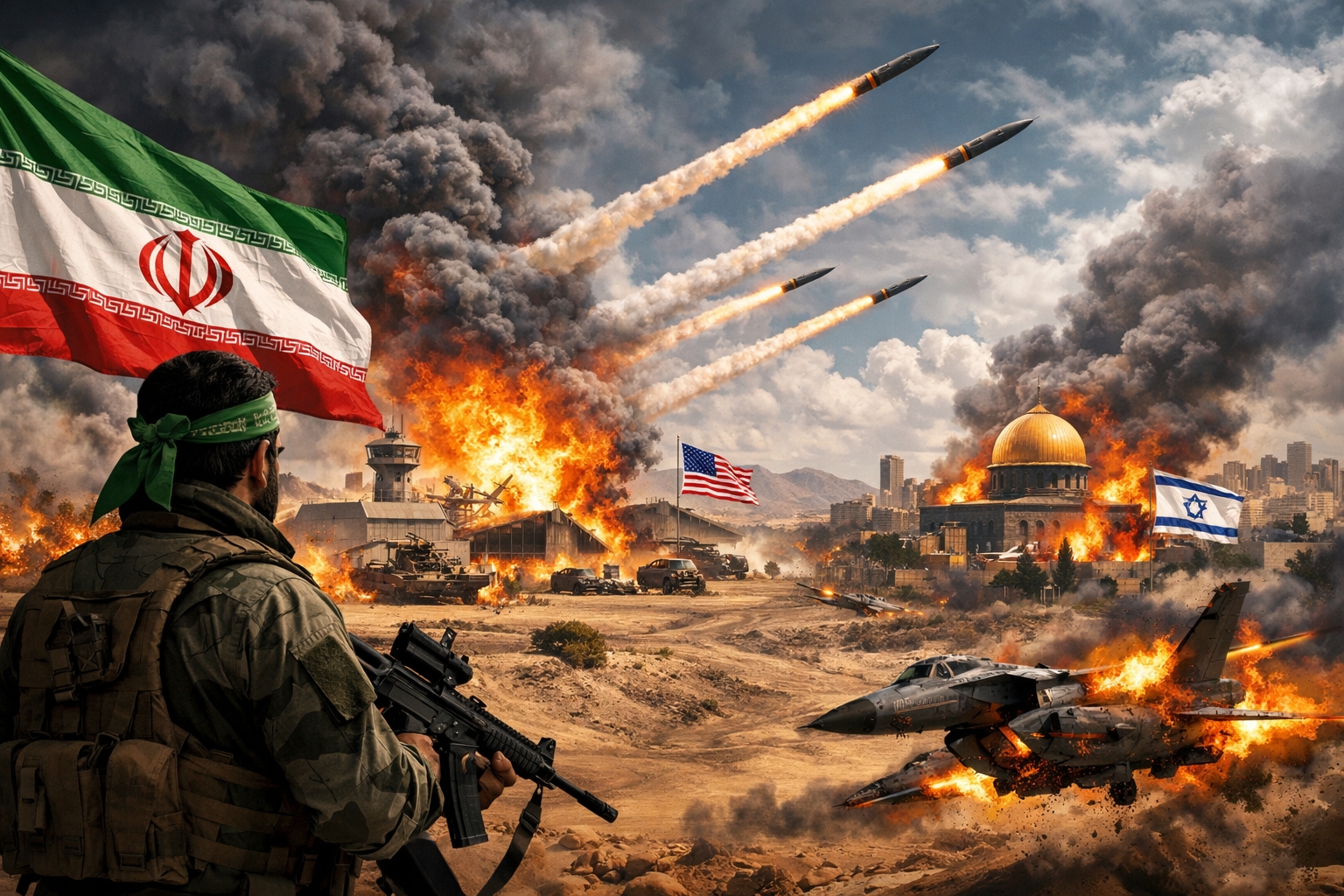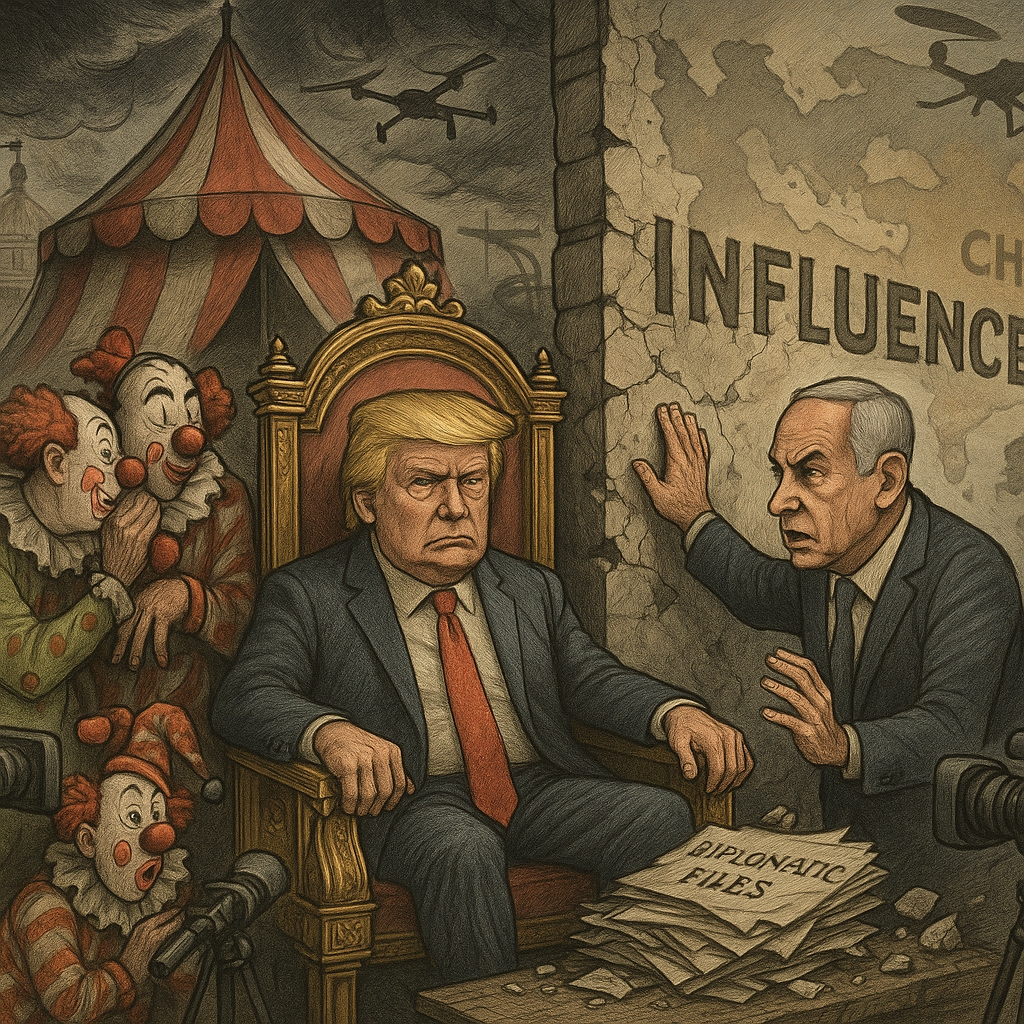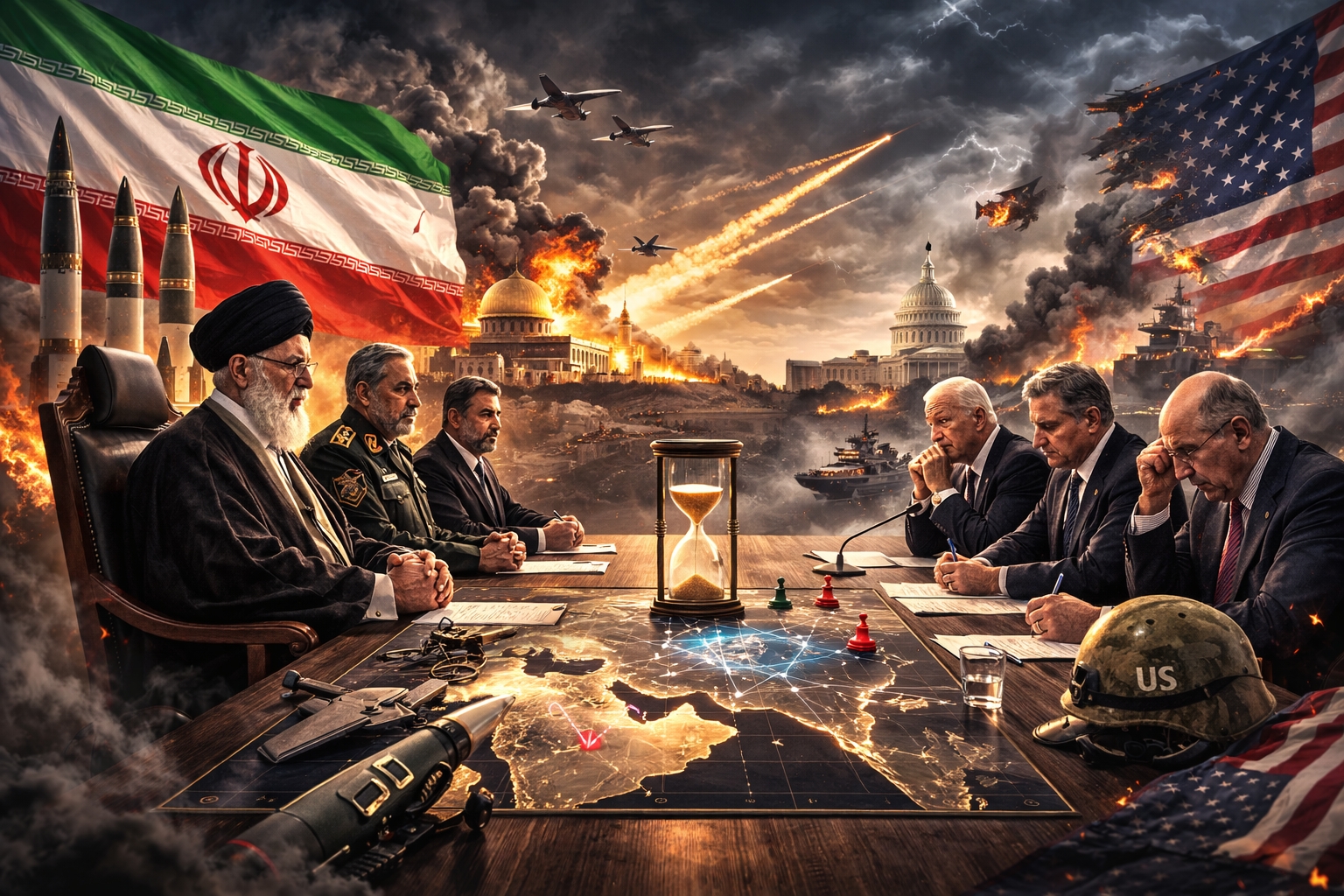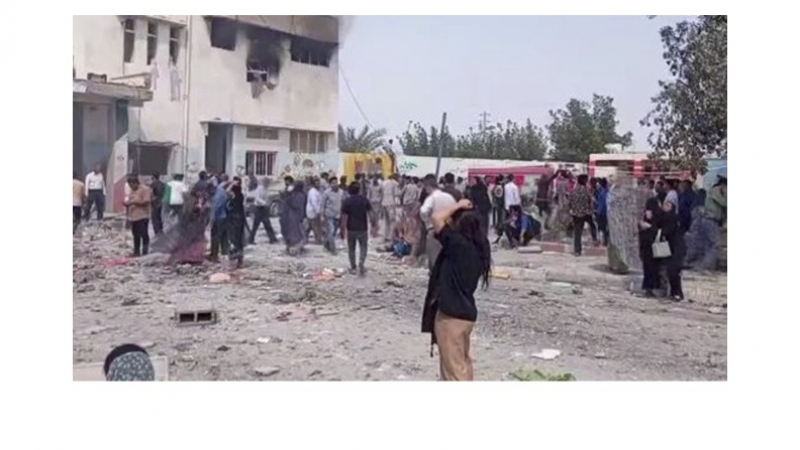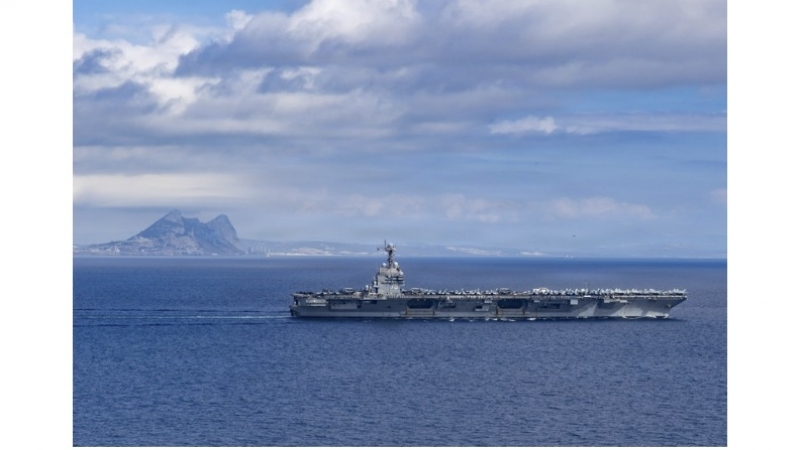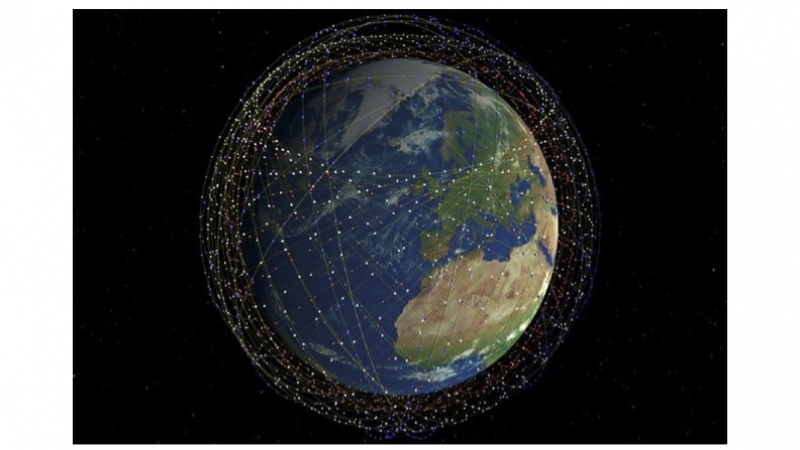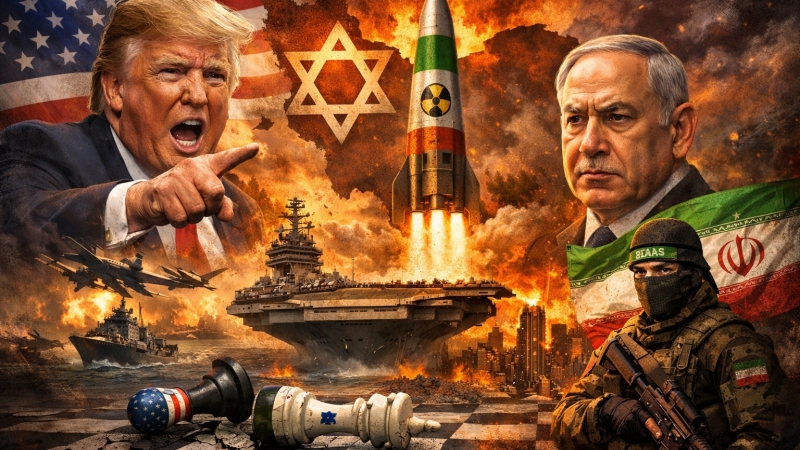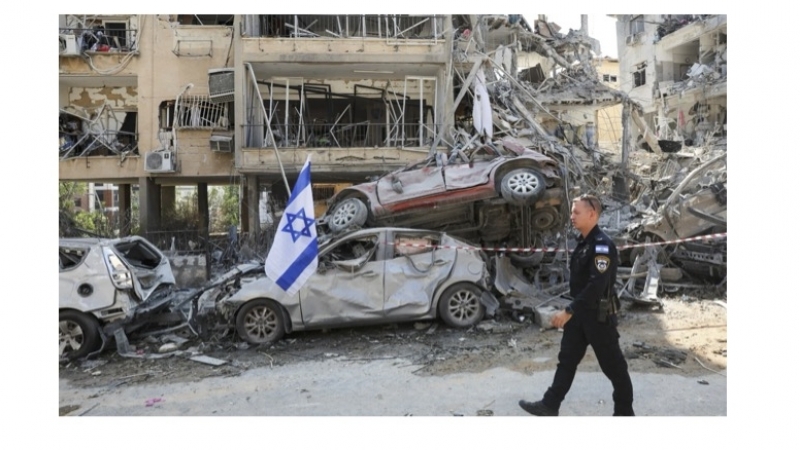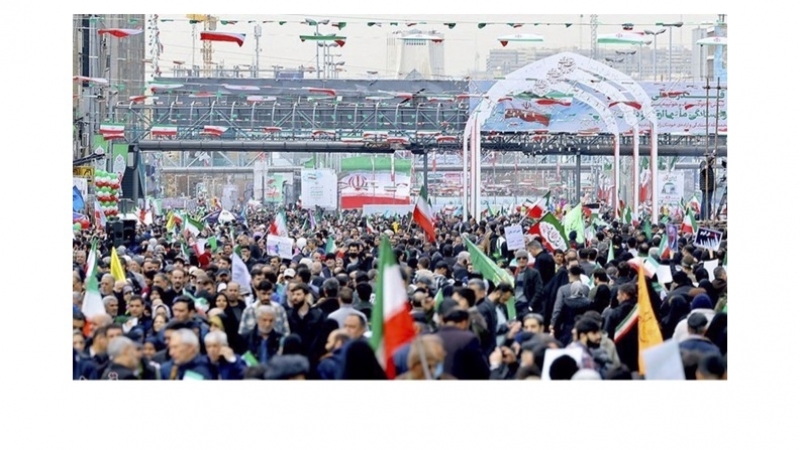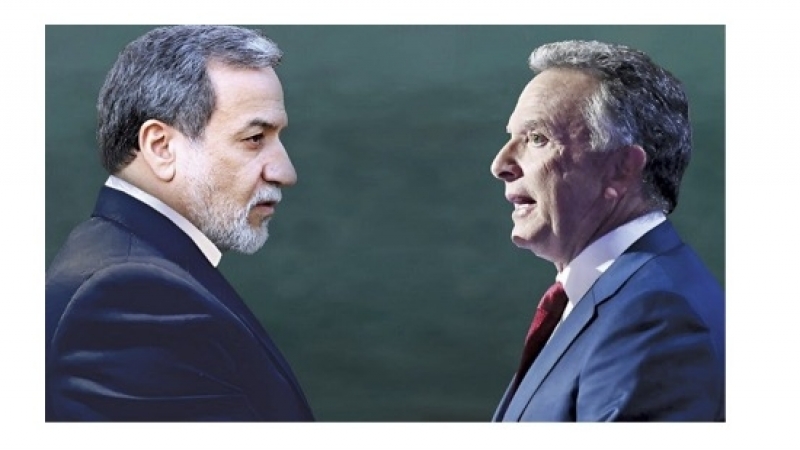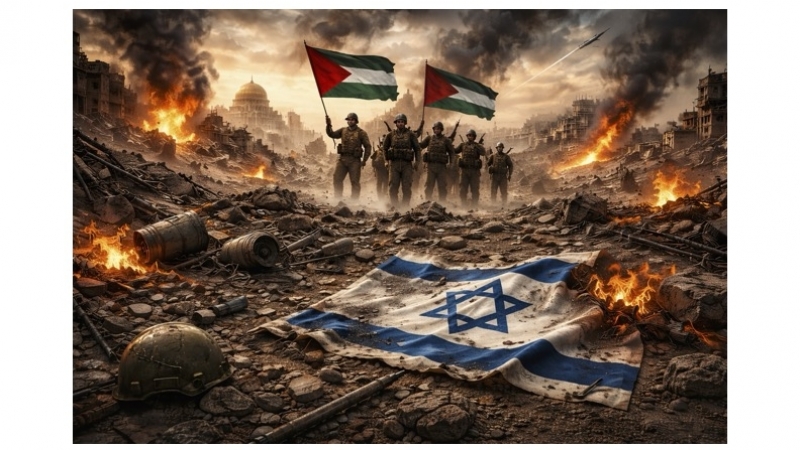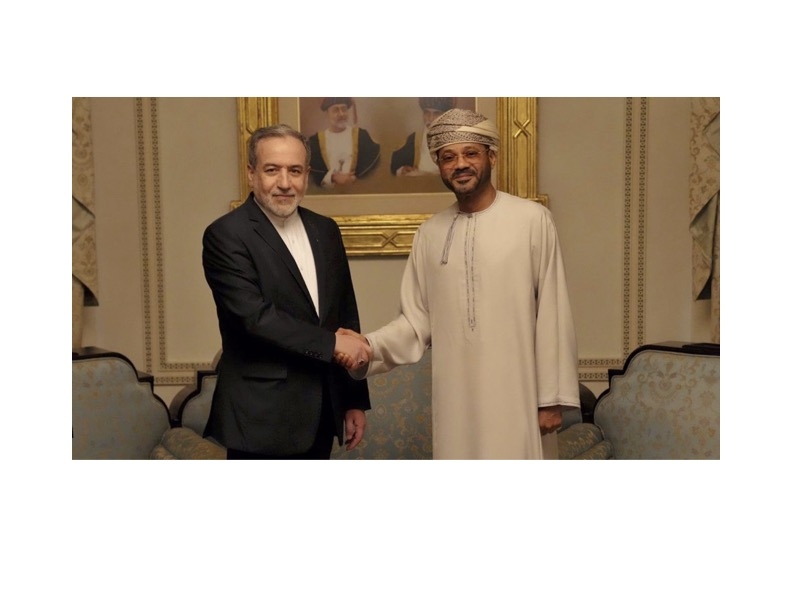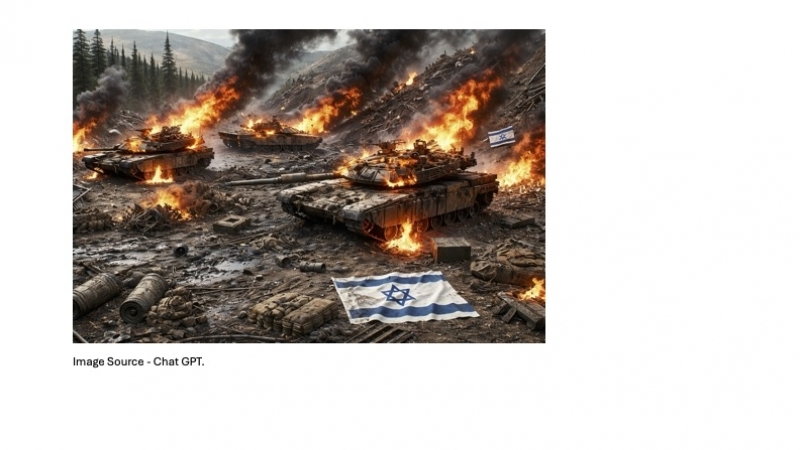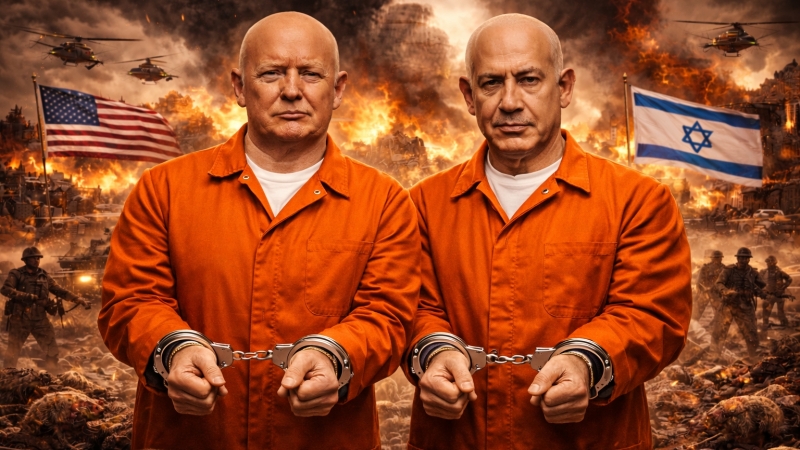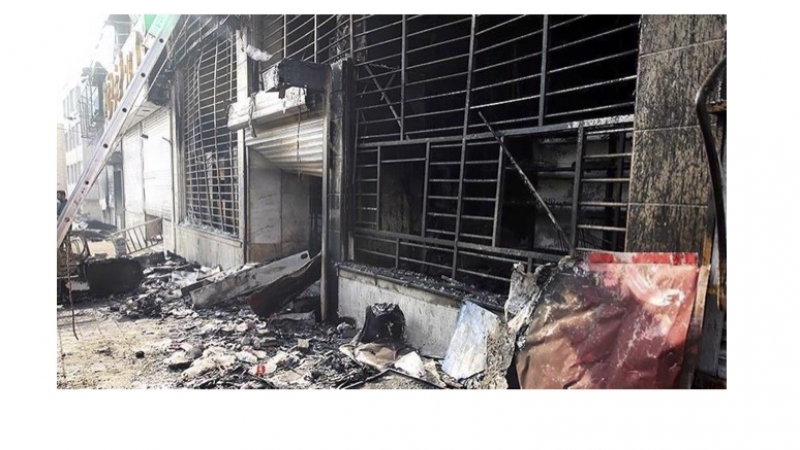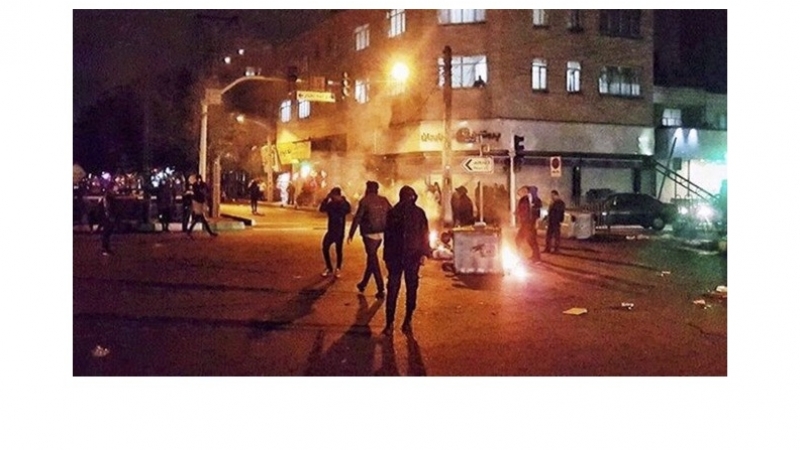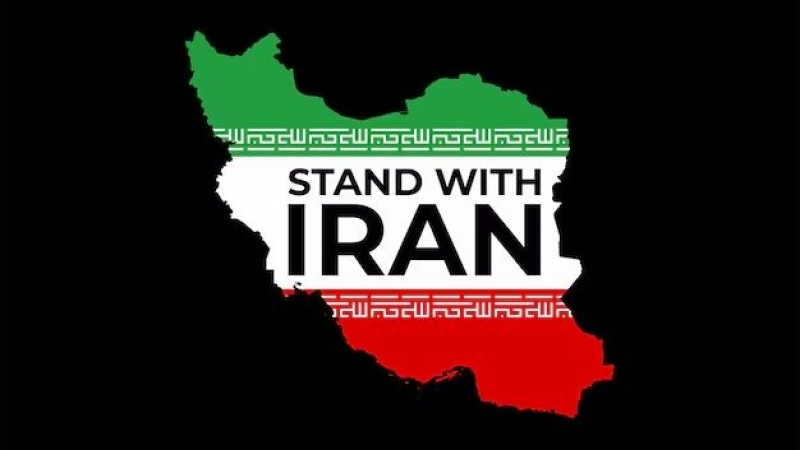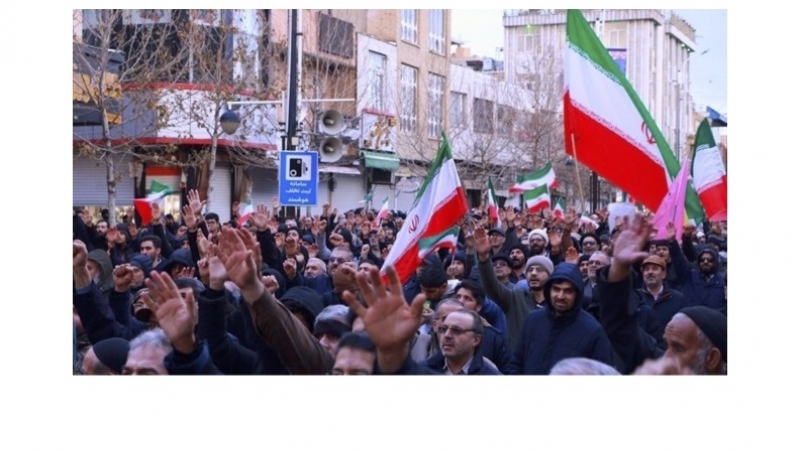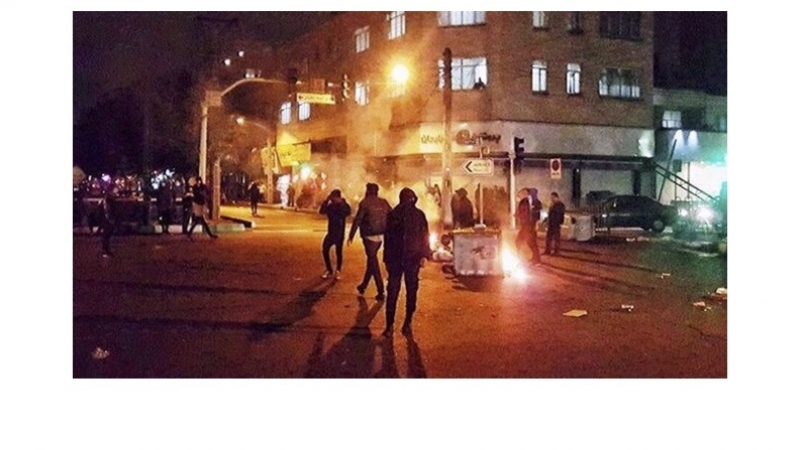



Islamic Iran’s leaders have decided that strategic restraint in responding to US-zionist attacks does not work. If attacked again, Tehran will retaliate with full force and not spare US bases in the region or the zionist entity.
If Donald Trump, blackmailed by the indicted war criminal Benjamin Netanyahu were to attack Iran again, both will pay a heavy price. Islamic Iran is absolutely ready this time and will not hesitate to use its full force against the war criminals.
Many people ask, with good reason, why Islamic Iran continues to negotiate with the US when its record is upholding any agreement is appalling. There are good reasons for Tehran doing so.
